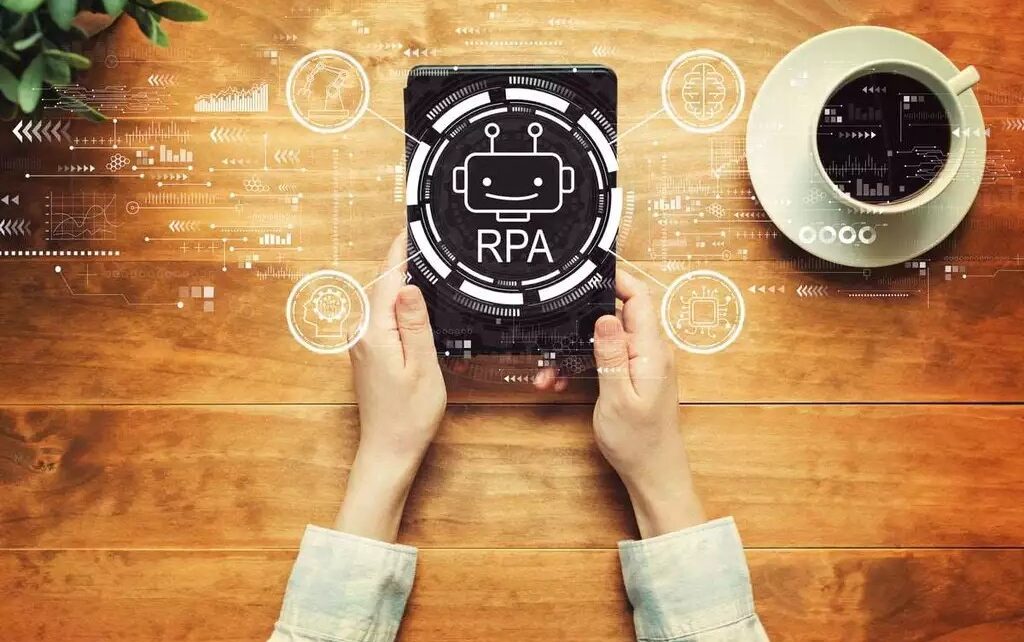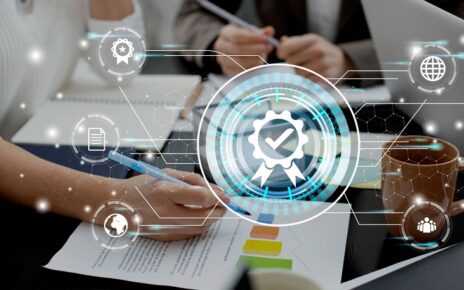The accounting industry continues to be reshaped by advances in technology, and those who refuse to embrace it, often find themselves lagging behind their competitors; unable to meet client demand or keep up with the demands of the industry as a whole.
Two of the leading solutions for helping those in the accounting profession enhance accuracy and efficiency, are artificial intelligence (AI) and robotic process automation, both of which offer a host of advantages. Even when outsourcing CPA work, those service providers themselves use such technology to optimize their workflows; helping CPAs and accounting professionals provide their clients with an unbeatable service.
Let’s look at both of these solutions in a little more detail:
AI in accounting
Blending machine learning with natural language processing, or NLP, accounting AI analyses huge volumes of financial data, spots patterns, and makes predictions. Below are some of their key applications:
- Detecting fraud
By detecting anomalies in financial transactions, AI can help spot potential cases of fraud
- Predictive analytics
Tax liabilities, trends in cash flow and risk factors are forecast by AI
- Chatbots and virtual assistants
Able to capably handle queries from clients and give automated customer support, assistants have been created that are powered by AI
- Automated data analysis
Reducing the need for manual time and effort, AI is able to review and interpret financial statements
RPA in accounting
By automating processes that are highly structured, RPA has been designed to replicate human tasks of a repetitive nature without learning from data (unlike AI); instead, it follows predefined rules to efficiently carry out manual tasks.
Below are some of its key applications:
- Automation of accounts payable and receivable
It’s able to accurately process payments and invoices as well as reconciliations
- Bank reconciliations
To enhance accuracy, bank transactions are matched with accounting records
- Tax compliance
Tax form population, data collection and filing are automated
- Data entry
It’s capable of categorizing transactions, downloading statements and inputting data to accounting software
Which is better for accounting professionals?
While AI is best known for its decision-making driven by data, learning from patterns in financial data and predictive analysis; ideal for functions that are analytical and strategic, RPA’s speciality is automation that’s rule-based; helping guarantee accuracy and compliance when dealing with tasks that are repetitive, like tax filings and reconciliations.
If you need the following:
- Predictive insights and advanced data analysis
- Enhanced advisory services for clients and automated decision-making
You should consider using artificial intelligence.
If you need this, however:
- Compliance and accuracy for accounting tasks of a routine nature
- A solution for automation that’s cost-effective and requires minimal setup
- Help with a large volume of non-complex and highly repetitive data entry tasks
You should consider using robotic process automation.
The integration of AI and RPA
Both AI and RPA have distinct purposes, but both are useful, hence why many accounting and outsourcing for CPA firms are now using a hybrid model in which the efficiency of RPA, is enhanced by AI.
A cost effective and typically highly successful way of gaining access to such transformative technology for accounting firms, such as AI and RPA, without having had to invest in it, is to outsource to a service provider who is already using this technology. An increasingly affordable and convenient solution for many professionals nowadays, outsourcing continues to be an effective way for all manner of firms, in all manner of industries, to gain a competitive edge while still providing clients with a high quality level of service.





